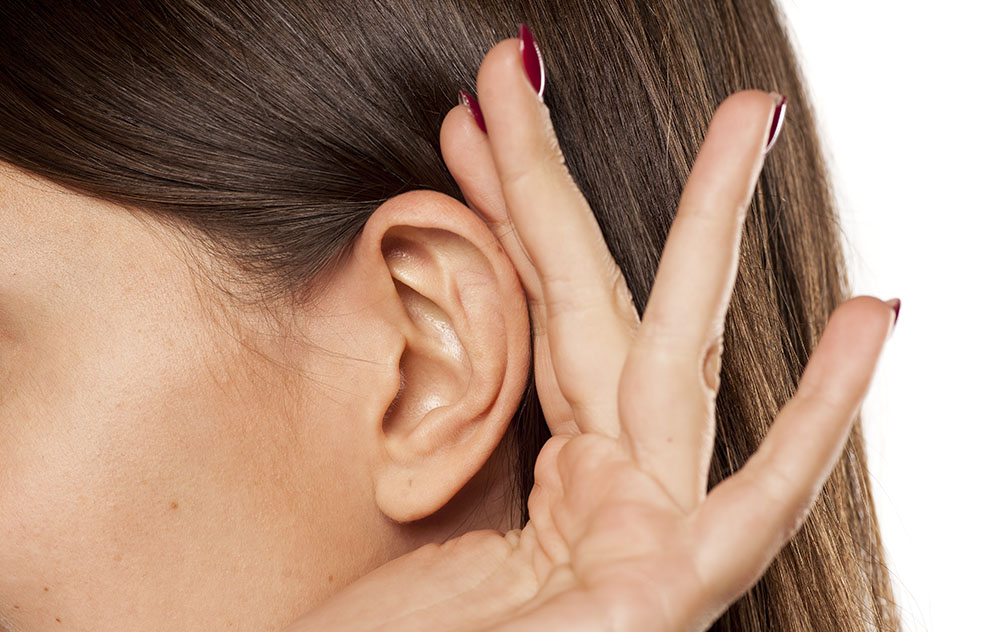What is the Best Way to Manage Tinnitus?
Around 15% of the American population – over 50 million people in


Around 15% of the American population – over 50 million people in

The most common recommendation when you experience permanent hearing loss

When dealing with hearing loss, you can be afflicted with different types,